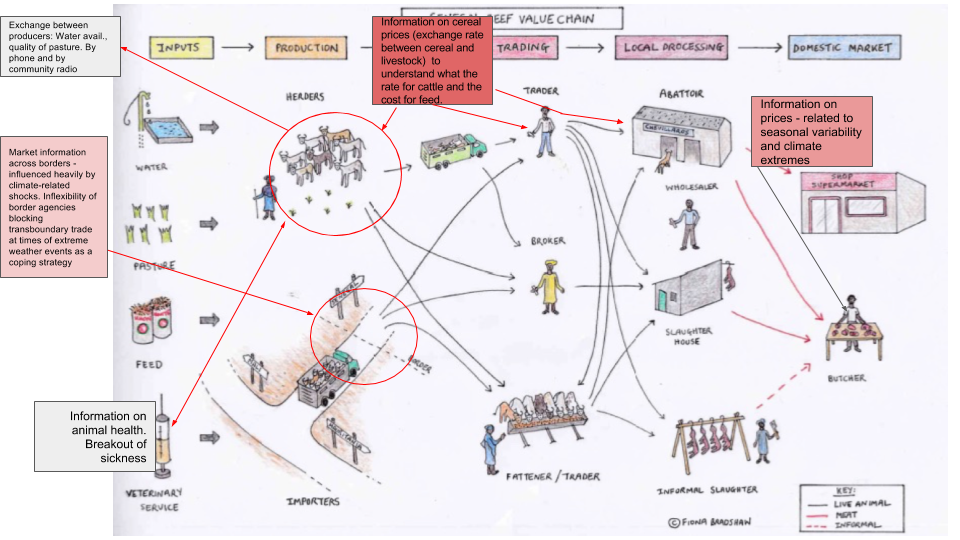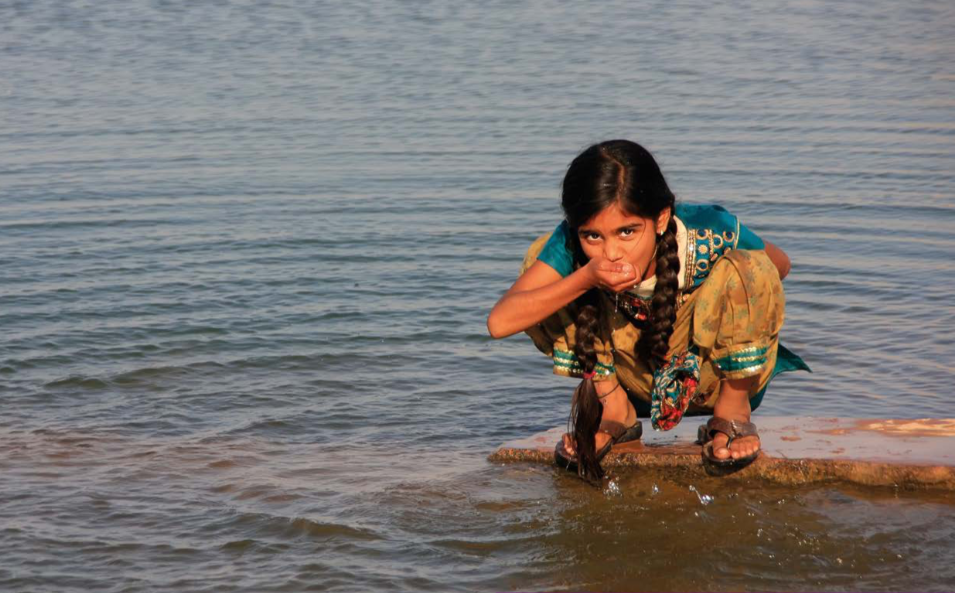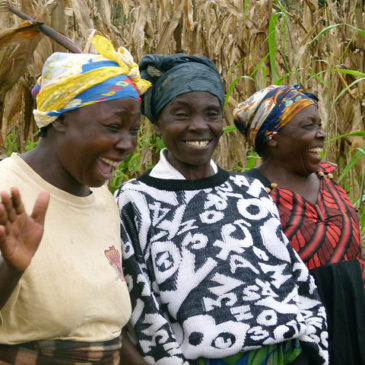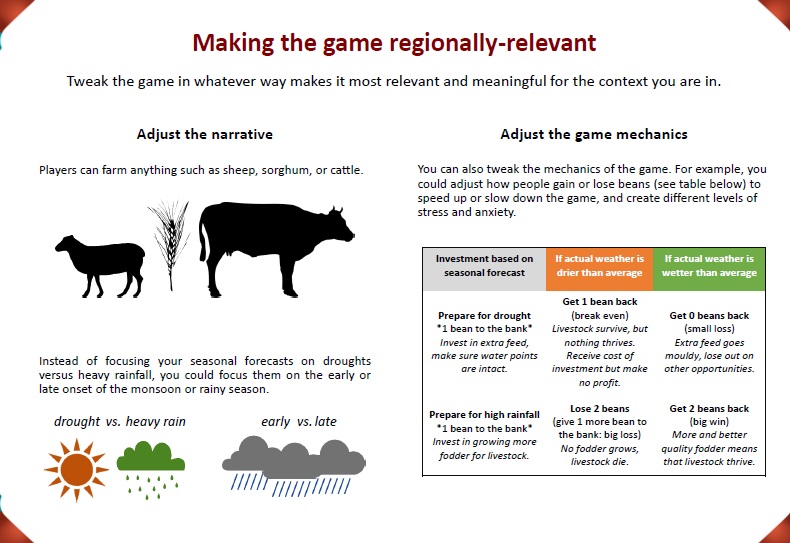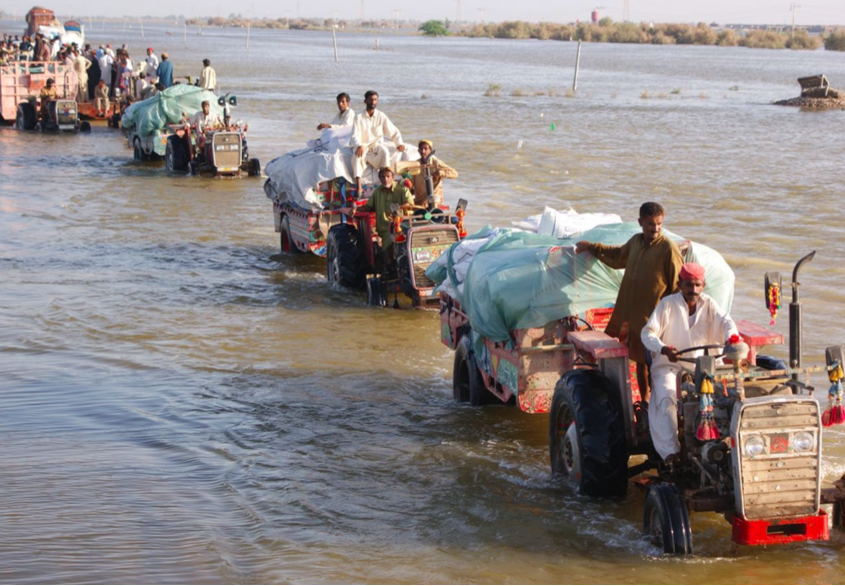using climate information
Module: Knowledge Systems Analysis for Climate Knowledge Brokers
This module offers an introduction to a methodology developed by CKB to allow for more focused knowledge brokering interventions in knowledge systems connected to climate-sensitive value chains.
Module: Why Knowledge Brokering is Key to Climate-Resilient Development
Sukaina Bharwani (SEI) explains how knowledge brokering adds value and increase impact of climate and development work when part of a larger research, capacity building or implementation strategy.
Using climate information for Climate-Resilient Water Management: Moving from science to action
Based on experience and learning from ACT projects, the paper presents 10 key recommendations for integrating climate information into water resources management.
Co-producing climate knowledge – Great in theory, but how about practice?
'Co-production’ of climate knowledge is far from easy to achieve in practice. This article looks at what we mean by 'co-production', the challenges involved, and how we can move forward.
Experimental Learning: Seasonal Forecast
This game helps participants to understand the possible uses and limitations of seasonal forecasts,their personal risk-taking preferences, and how seasonal forecasts can affect livelihood decisions.
Disaster response: The 72-hour Emergency Assessment approach
This document provides an overview of the aims, applications and general method behind the 72-hour assessment method, by which WFP can respond quickly and appropriately to humanitarian disasters.
